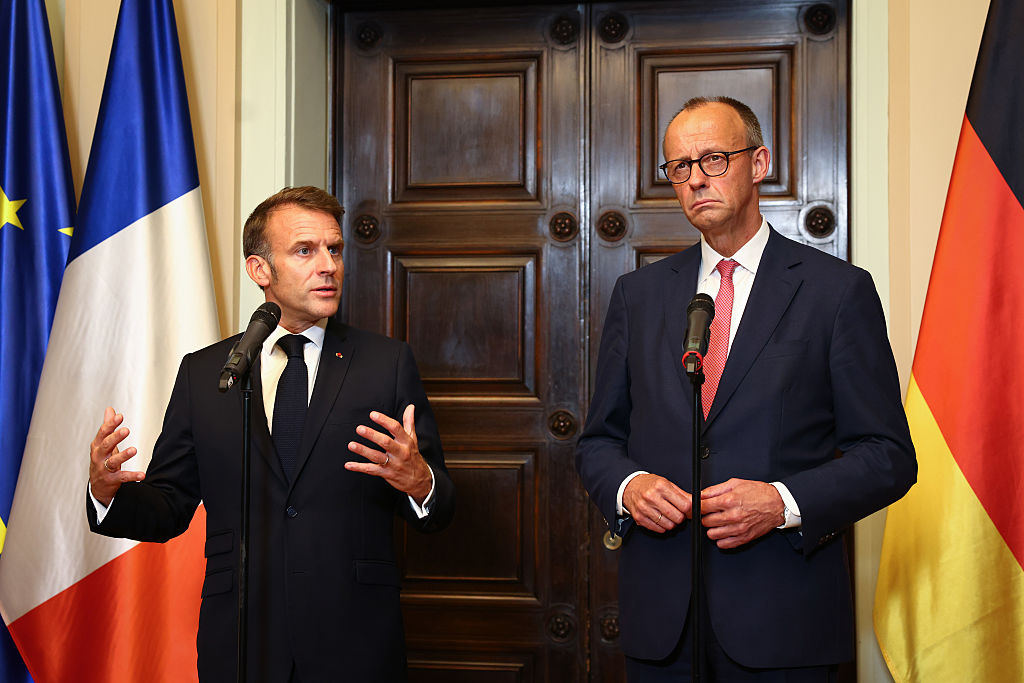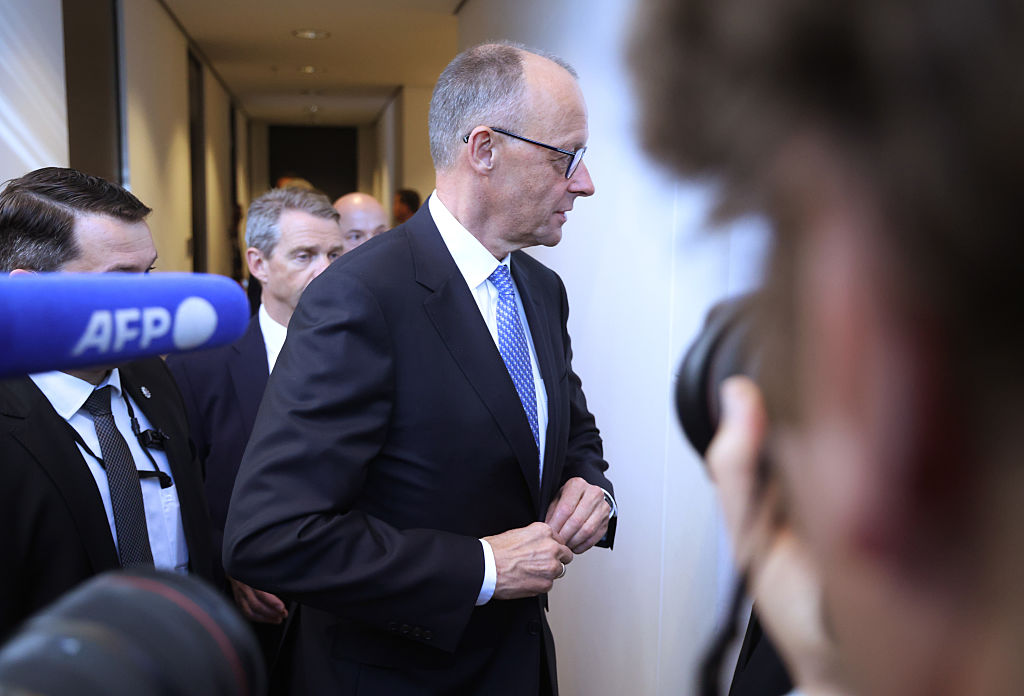Germany’s Chancellor Friedrich Merz is facing heavy backlash from within his own Conservative Christian Democratic Union (CDU) party after his surprise decision to ban arms exports to Israel.
Merz reportedly took the decision on August 8 without consulting fellow party leaders in order to placate his junior coalition partner, the Social Democratic Party (SPD).
German journalist Julian Reichelt said on X on August 8 that, according to what he had been told by insiders, Merz only discussed the arms embargo beforehand with his SPD vice chancellor Lars Klingbeil — but did not co-ordinate with anybody from his own party.
German newspaper FAZ reported on August 10 that many CDU members were “stunned, angry, and horrified” with Merz’s move to block any exports of German weapons to Israel that could be used in the Gaza war.
CDU MP Roderich Kiesewetter wrote on X on August 8: “Personally, I consider the suspension of arms deliveries to Israel to be a serious political and strategic mistake on Germany’s part.
“The credibility of our raison d’état is measured precisely by our security cooperation and our commitment to protect Jewish life and the State of Israel. This includes arms cooperation and arms deliveries. I trust a friend like Israel to use its weapons in accordance with international law.”
The CDU’s youth organisation Junge Union (JU) told German media outlet Os Kurier on August 9 the decision was “a break with the basic values of CDU politics”.
JU leader Johannes Winkel wrote on X on August 10: “Israel is doing the dirty work for us, just without German weapons”.
Merz reportedly did not inform Markus Söder, the leader of the CDU’s Bavarian sister party CSU, beforehand, angering the influential Conservative politician.
“The CSU was not involved in the decision. We see it as questionable.”, CSU speaker Alexander Hoffmann told tabloid Bild on August 10.
Conservative CSU MP Stephan Mayer told newspaper Tagesspiegel there was “dissent” regarding Merz.
“[The export ban] is primarily a signal to the Israeli prime minister and his government. I doubt that this will achieve the desired goals, namely the release of the remaining hostages and an improvement in the humanitarian situation,” he said.
Merz defended his move in an interview with German state broadcaster ARD on August 10, saying: “I did not make this decision alone, but at the end of the day, it is a decision for which I alone must take responsibility.” He added: “I alone am responsible for it. But I cannot put it to a democratic vote either.”
Merz also reportedly argued in a letter to CDU members that his tougher stance on Israel was motivated by increasing “social tensions in Germany and Europe”, which he would like to quell.
That prompted CDU MEP Dennis Radtke to write on X on August 10: “We must not allow foreign policy decisions to be influenced by the anti-Semitic mob on our streets. The answer to the anti-Semitic mob is the strictness of our rule of law.”





